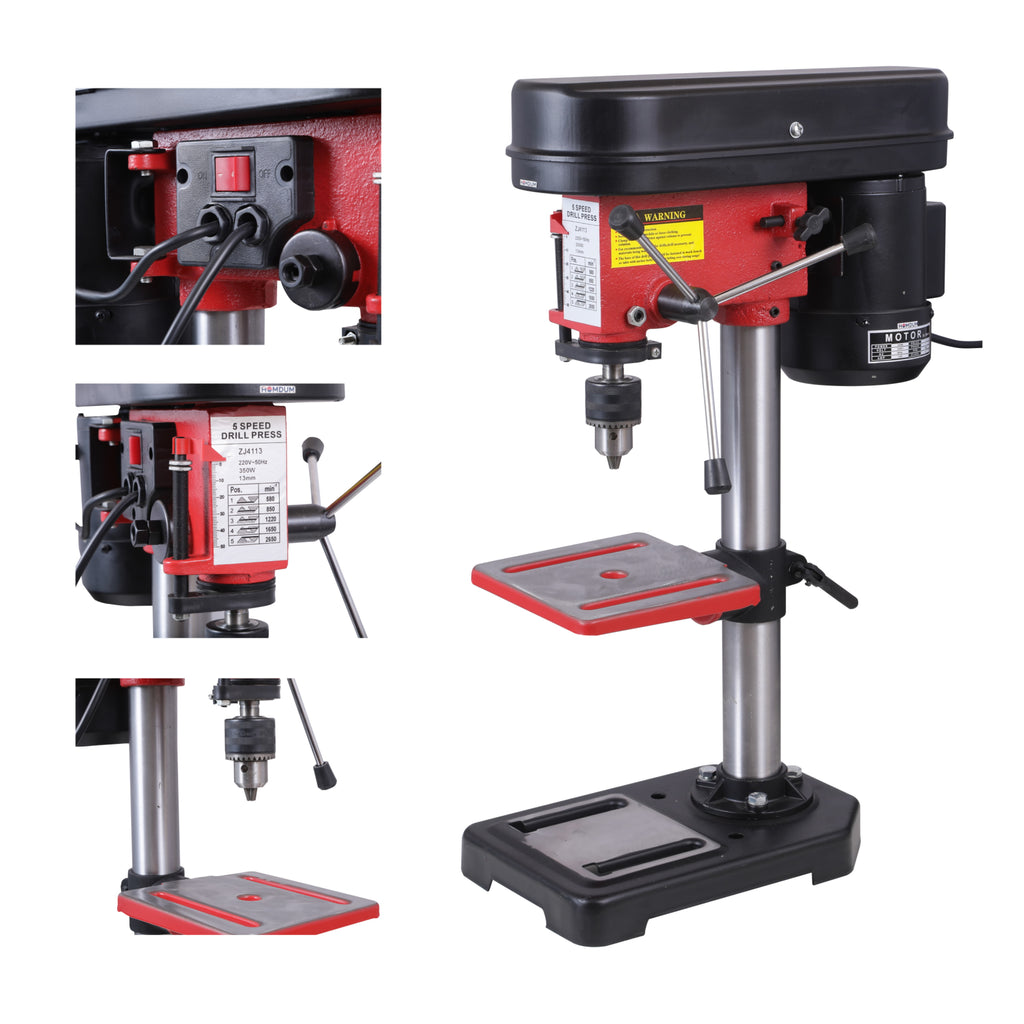In the realm of construction and DIY projects, the hammer drill stands as a cornerstone tool, offering a unique blend of power and precision. As we delve into the multifaceted capabilities of this indispensable device, we uncover its applications, advantages, and why it has become a go-to choice for both professionals and hobbyists alike.
Understanding the Essence: What is a Hammer Drill?
A hammer drill, also known as a percussion drill, is a robust power tool specifically designed to drill into hard materials like concrete, masonry, or stone with unparalleled efficiency. What sets it apart from conventional drills is its ability to deliver a rapid back-and-forth hammering motion in addition to the rotational drilling motion. This dual-action mechanism significantly enhances the tool's effectiveness, making it ideal for challenging tasks.
The Construction Maestro: Key Applications of Hammer Drills
1. Concrete Drilling Precision
Hammer drills excel in conquering concrete surfaces, effortlessly boring into them with precision. This ability makes them indispensable for tasks such as installing anchors, attaching fixtures, or even creating openings for electrical or plumbing systems in concrete walls.
2. Masonry Mastery
Masonry poses a challenge for many tools, but not for the hammer drill. Whether you are working on a brick facade or a stone pathway, the hammer drill's combination of forceful impact and rotational drilling effortlessly powers through, reducing effort and time spent on the project.
3. Versatility in Material Exploration
While hammer drills specialize in hard materials, they are not limited to them. With adjustable settings, these drills can also handle wood, metal, and other softer materials. This versatility adds to their appeal, making them a comprehensive tool for various projects.
Advantages Beyond Brawn: Why Choose a Hammer Drill?
1. Speed and Efficiency
The hammer drill's dual-motion design allows it to work at a faster pace than conventional drills. The rapid hammering action enables quicker penetration into tough materials, making tasks more time-efficient.
2. Minimized Operator Fatigue
Thanks to its enhanced efficiency, a hammer drill reduces the physical strain on the operator. The tool does the hard work, requiring less force from the user and ensuring a smoother and less tiring work experience.
3. Precise Control and Accuracy
Accuracy is paramount in construction and DIY projects. The hammer drill's ability to combine power with precision ensures that holes are drilled exactly where intended, minimizing errors and rework.
Conclusion: Embracing the Hammer Drill Revolution
In conclusion, the hammer drill emerges as a versatile and indispensable tool for anyone engaging in construction, renovation, or DIY projects. Its ability to tackle hard materials with efficiency, speed, and precision sets it apart from traditional drills, making it a cornerstone in the toolkit of professionals and enthusiasts alike. As you embark on your next project, consider the transformative power of the hammer drill – a tool that drills beyond expectations.

